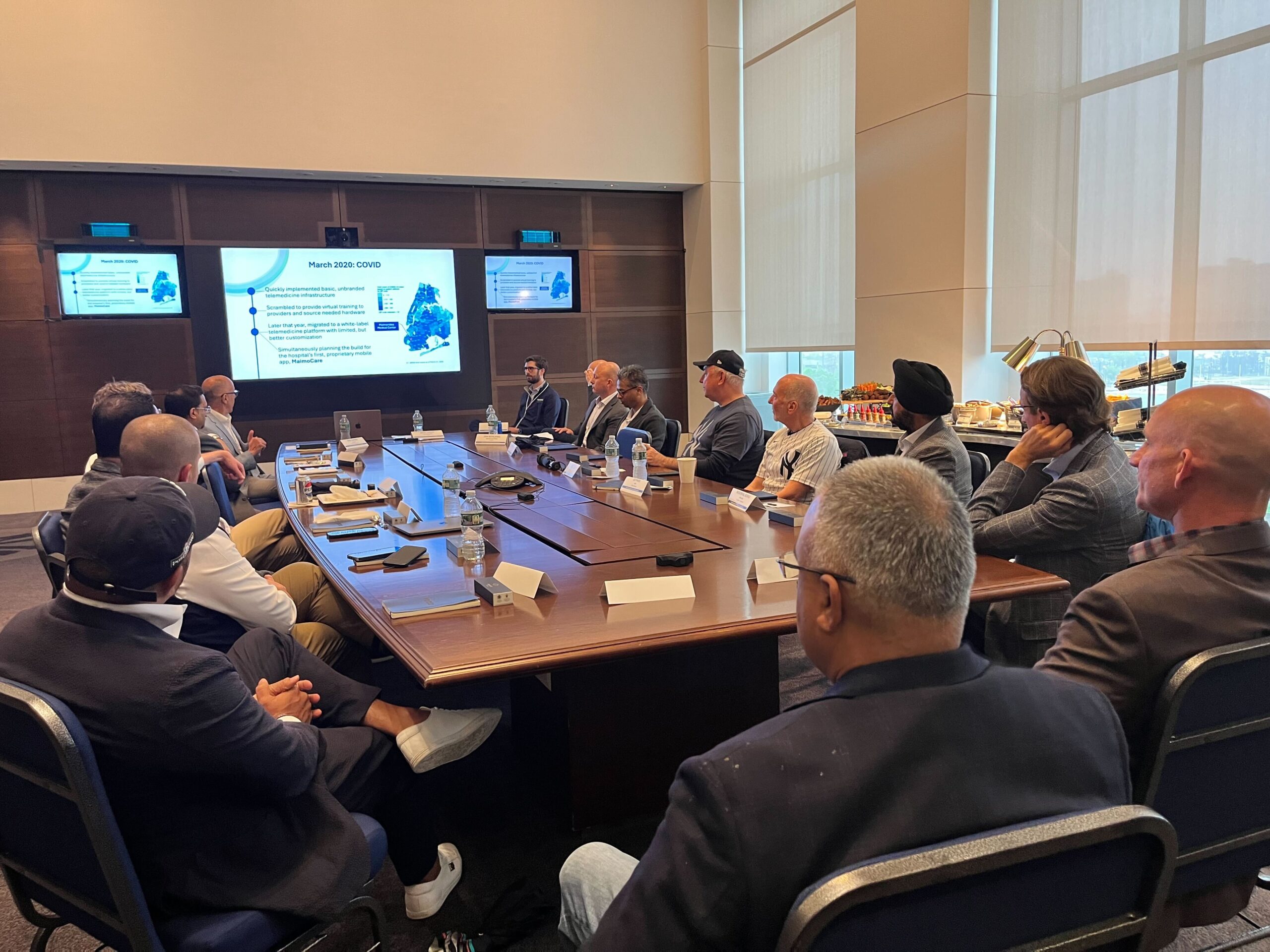In an increasingly digital-first world, the critical role of identity data management has transcended technical necessity to become a strategic business imperative. This was the central theme at a recent executive roundtable, where leaders from the healthcare and financial services sectors converged to share insights on how robust identity intelligence is revolutionizing their operations, bolstering security, and enabling truly personalized customer experiences. The consensus was clear: understanding and managing identity is fundamental to thriving in the modern landscape. As one participant noted, the journey to enhanced customer engagement and operational excellence often “customer loyalty starts with identity data management.”
The discussions underscored that “cultural change and digital enablement are critical components for any organization looking to better personalize and engage their customers and drive loyalty.” Participants frequently cited challenges such as “duplicate records, siloed systems, and incomplete views of customers,” reinforcing how a unified data strategy is pivotal not just for operational efficiency, but for crafting superior customer experiences and making smarter business decisions.
The Personalization Imperative: Knowing Your Customer Deeply
A core takeaway from the roundtable was the universal challenge and opportunity in leveraging identity data to foster genuine customer understanding and loyalty. The dialogue highlighted that organizations often grapple with fragmented data, hindering their ability to deliver the seamless, personalized interactions that today’s consumers expect.
This challenge is industry-agnostic. For instance, a financial services representative from Barclays emphasized, “marketing is what gets us most of our clients, knowing them is very important. Identity management is very important.” This sentiment speaks to the core of personalization: leveraging data to show customers they are recognized and valued. The impact of not knowing your customer can be stark, as illustrated by an anecdote shared by Ed Marx, CEO of Marx Advisory and former CIO of Cleveland Clinic: a “mailer got sent to a dead patient,” a poignant reminder that mistakes in healthcare are extra costly and that “loyalty is unlocked when you show someone you know them.”
Healthcare’s Evolution: From Clinical Encounters to Consumer-Centric Journeys
While traditionally focused on episodic care, the healthcare sector is rapidly shifting towards viewing patients as active consumers who seek continuous, personalized engagement in their health journeys. As noted during the roundtable, “while health systems have made tremendous progress in engaging with patients as consumers who have agency over their health journeys, there is still progress to be made — to ensure patients feel seen, demonstrate brand loyalty, and understand that providers really know them across their many moments of care.”
Maimonides Health in Brooklyn provided a powerful example of this transformation. Rob Cimino, former Vice President of Digital Health Strategy & Implementation at Maimonides, shared how the MaimoCare platform, by integrating robust identity solutions, achieved 24/7 enrollment and engagement. This initiative led to a striking “350% increase in users and over 20% of self-schedulers being new to the institutions in the first year.” The impact on the team was also profound; Rob stated, “It energized my team to see that these are our patients. This work has a face to it.”
Financial Services: Bridging the Data-to-Action Gap for Enhanced Loyalty
Financial institutions, while often rich in customer data, face their own hurdles. “While financial services organizations have really made strides in knowing their customers and driving loyalty – there is still a challenge in aligning the entire organization to drive loyalty,” a key discussion point highlighted. Many institutions find it difficult “translating that data in a way that shows customers you know them at every stage of their journey to drive loyalty and affinity.”
A representative from Northern Trust pointed to the deep-rooted nature of this challenge: “Culture has not changed – it comes from the top.” They elaborated that aligning the “entire organization with digital enablement for consumerism… does have to come from the top but the digital enablement is the challenge.” This involves moving beyond transactional views to “relationship banking,” where the institution anticipates customer needs based on life stages and preferences.
The Security Imperative: Identity as the Linchpin of Protection
The conversation took a sobering turn when addressing security. Jon Schlegel, Chief Security Officer at CLEAR, delivered a stark statistic: “approximately 80% of security breaches from hackers are tied to identity. It’s not sexy but it’s the real risk you don’t see in the movies.” This underscores that identity intelligence is not merely a tool for customer engagement or operational streamlining, but a fundamental pillar of an organization’s security and compliance posture.
As Schlegel also pointed out, while reported “identity fraud is in the billions, unreported could be at a trillion,” highlighting the vast scale of the problem.
The Path Forward: Unified Identity Intelligence as a Strategic Enabler
The roundtable culminated in a unified perspective: identity data management must be elevated to a strategic priority, integral to achieving a spectrum of critical business objectives. These include:
- Operational efficiency: Eliminating data redundancies and streamlining internal processes.
- Enhanced security and compliance: Implementing robust identity verification and governance.
- Superior customer experiences: Ensuring consistent and personalized recognition across all touchpoints.
- Improved business intelligence: Gaining a holistic and actionable understanding of customers.
As businesses navigate the complexities of digital transformation, the roundtable made it clear that those poised for success will be the ones that treat identity intelligence not as a siloed technical function, but as the bedrock for building meaningful customer relationships, achieving operational agility, and ensuring a resilient security framework.
